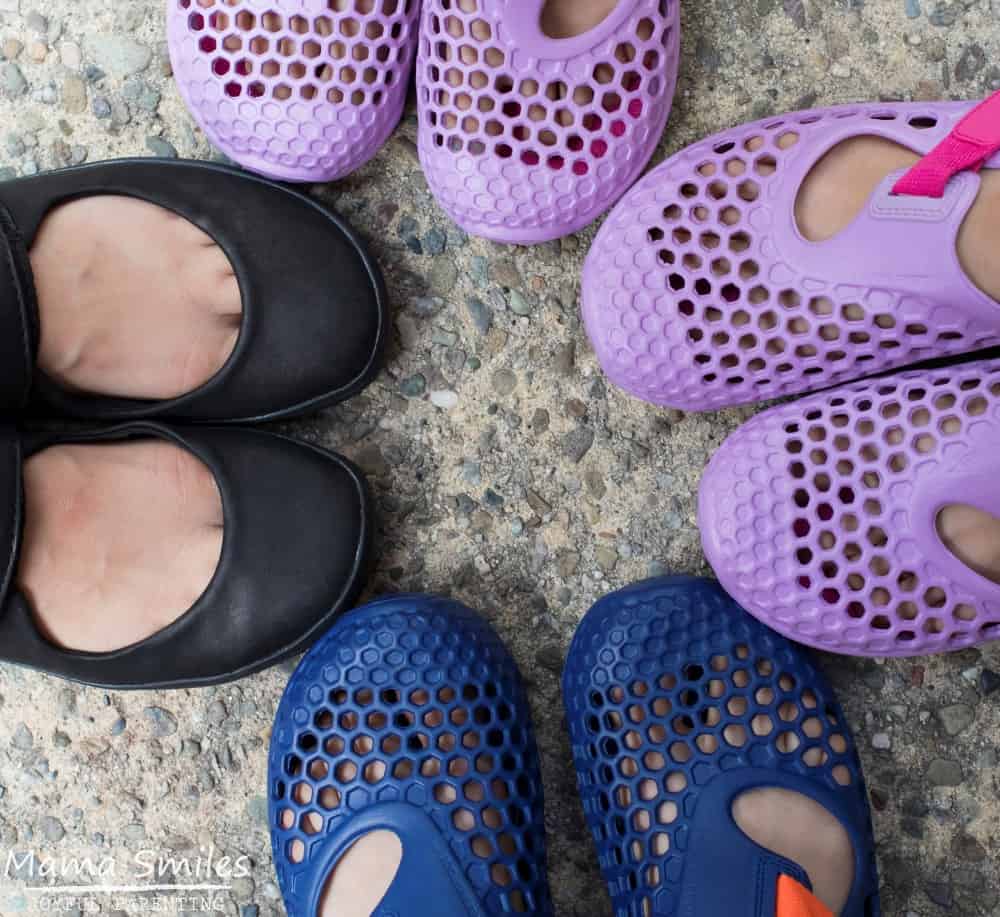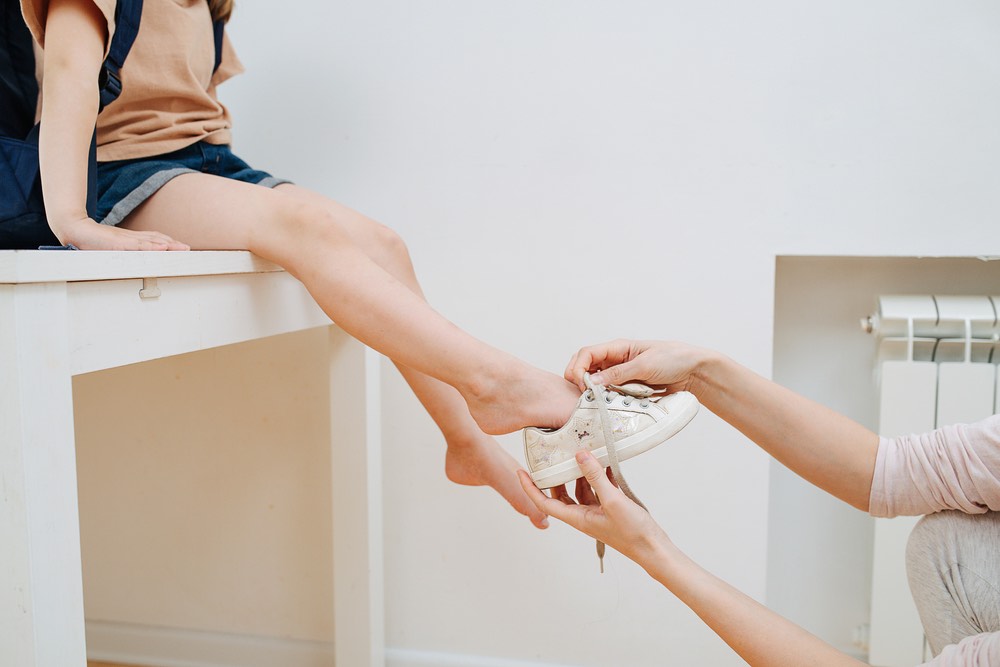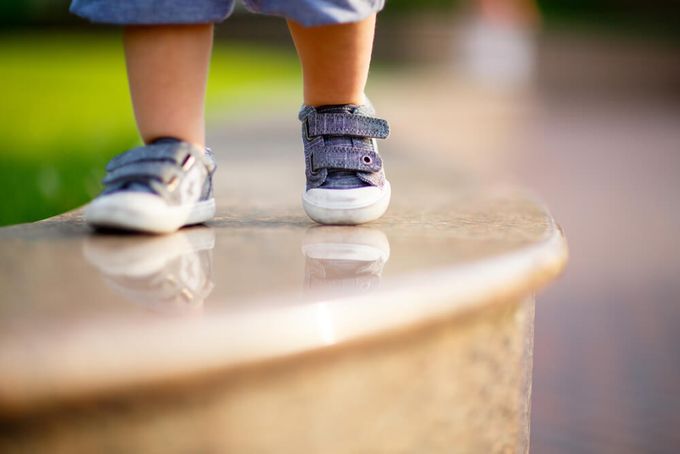Finding the right shoes for kids can be a daunting task, especially for children with sensory processing issues. These children often have heightened sensitivity to textures, pressure, and fit, making traditional footwear uncomfortable. In this comprehensive guide, we will explore the best options for shoes tailored for kids with sensory needs, share real-world experiences, and provide tips for both parents and caregivers. Let’s step into the world of sensory-friendly footwear!
Understanding Sensory Issues in Children
Sensory processing issues affect how the brain processes sensory information. Children with these issues may experience discomfort from certain fabrics, tightness, or even the weight of shoes. According to research published by the National Institutes of Health, sensory processing disorder can lead to anxiety and challenges in daily activities.
Common Sensory Sensitivities
- Texture Sensitivity: Many children are sensitive to the texture of materials used in shoes, making soft, smooth fabrics preferable.
- Pressure Sensitivity: Kids may dislike tight shoes that press against their feet.
- Temperature Sensitivity: Some may feel uncomfortable in shoes that are too hot or too cold.
Why Footwear Matters
Footwear is not just about style—it plays a crucial role in a child’s overall well-being. For children with sensory issues, the right shoes can help reduce anxiety and allow them to engage more comfortably in their environment. A study by the Frontiers in Pediatrics reinforces the importance of appropriate footwear in enhancing mobility and comfort in children with sensory challenges.
Key Features to Look For in Sensory-Friendly Shoes
1. Soft and Breathable Materials
When choosing shoes for kids with sensory issues, opt for soft, breathable materials that won’t irritate sensitive skin. Look for shoes made from cotton or mesh fabric, which can prevent overheating and discomfort.
2. Adjustable Fit
Many sensory-sensitive children benefit from shoes that allow for an adjustable fit. Features like Velcro straps or elastic laces enable parents to customize the tightness of the shoe, providing comfort without the pressure.
3. Cushioned Insoles
Insoles with extra cushioning can help absorb shock and minimize discomfort. Look for shoes with memory foam or gel cushioning to enhance comfort during wear.

4. Lightweight Construction
Heavy footwear can be burdensome for children with sensory issues. Lightweight shoes allow for easier movement without compromising support.
Comparison Table: Features of Sensory-Friendly Shoes
| Brand | Material | Adjustable Fit | Cushioning | Weight |
|---|---|---|---|---|
| Stride Rite | Mesh | Velcro | Memory Foam | Lightweight |
| New Balance | Soft Knit | Laces | Gel | Lightweight |
| Asics | Breathable Fabric | Elastic | Memory Foam | Moderate |

Real-World Experiences: Case Studies and Insights
Case Study: The Johnson Family
Meet the Johnson family. Their son, Ethan, has sensory processing challenges that make finding the right shoes a struggle. After trying various brands, they discovered Stride Rite’s sensory-friendly line. Ethan loved the soft mesh upper and adjustable Velcro straps. His mother noted, “The shoes were a game-changer. Ethan now feels comfortable wearing them all day!”
Case Study: Emma’s Transformation
Emma, a bright 7-year-old, struggled with shoe aversion due to discomfort. Her parents sought advice from an occupational therapist who suggested investing in lightweight shoes with cushioned insoles. After trying New Balance trainers, Emma’s hesitance transformed into excitement. “I can run and play without thinking about my shoes!” she exclaimed.

Top Recommended Shoes for Kids with Sensory Issues
1. Stride Rite Soft Motion Shoes
The Stride Rite Soft Motion shoe line is designed specifically for toddlers and children with sensory sensitivities. These shoes feature a lightweight construction, soft materials, and easy closures to help children put them on and take them off independently.

Pros:
- Soft, breathable materials
- Adjustable straps for a customizable fit
- Machine washable for easy care
Cons:
- May run on the narrower side for wider feet
- Limited color options

2. New Balance Fresh Foam Running Shoes
New Balance is known for its commitment to comfort and support. The Fresh Foam line features advanced cushioning technology and a breathable upper, making them a solid choice for children with sensory needs.
Pros:
- Exceptional cushioning for comfort
- Stylish design that appeals to kids
- Durable materials

Cons:
- Higher price point
- May require break-in time
3. Asics Gel-Venture Trail Running Shoes
These durable shoes cater to active children who love to explore. The Gel-Venture offers robust protection and a comfortable fit, making them perfect for outdoor adventures.

Pros:
- Great traction for different terrains
- Lightweight yet supportive
- Available in various sizes
Cons:
- The design may be bulkier than some prefer
- Price can vary significantly
Tips for Choosing the Right Sensory-Friendly Shoes
1. Involve Your Child
Involve your child in the selection process. Let them touch and try on different shoes to see what feels best. Giving them a say can empower them and reduce anxiety about new footwear.
2. Prioritize Comfort Over Style
While style is important, comfort should be your primary concern. Shoes that feel good will encourage your child to wear them more often, enhancing their sense of freedom and independence.
3. Look for Reviews and Recommendations
Consult reviews from other parents and professionals. Websites like Parents.com and sensory-friendly forums can provide valuable insights into which shoes work best for sensory-sensitive children.
FAQs About Shoes for Kids with Sensory Issues
1. What are sensory-friendly shoes?
Sensory-friendly shoes are designed to cater to children with sensory processing issues. They feature soft materials, adjustable fits, and cushioned insoles to enhance comfort and reduce sensory overload.
2. Why are traditional shoes uncomfortable for children with sensory issues?
Traditional shoes often have rigid construction, rough materials, or tight fits that can irritate sensitive skin and increase discomfort. Sensory-friendly shoes are specifically made to address these challenges.
3. How do I know if my child has sensory processing issues?
Signs of sensory processing issues can include aversion to particular textures, difficulty with transitions, and heightened sensitivity to touch or pressure. Consulting a healthcare professional can provide a thorough assessment.
4. Can sensory-friendly shoes help with anxiety?
Yes, finding the right footwear can significantly reduce anxiety for children with sensory issues, as comfortable shoes enhance their ability to engage in daily activities without discomfort.
5. Are there any specific brands to avoid?
While individual preferences may vary, many parents recommend avoiding shoes with rigid soles, harsh materials, or tight fittings. It’s crucial to prioritize comfort and flexibility.
6. Should I size up for sensory-friendly shoes?
It’s generally advisable to size up slightly if the shoe is described as snug. However, always check the specific sizing chart provided by the brand to find the perfect fit for your child.
7. Are there shoes for specific activities like sports or school?
Yes! Many brands offer sensory-friendly options tailored for sports or school. Look for shoes designed for specific activities but remember to prioritize comfort and adjustable fits.
8. Can I find sensory-friendly shoes in stores?
Yes, many footwear retailers now offer sensory-friendly options. Check local stores or specialized children’s boutiques that focus on sensory-friendly products.
9. How often should I replace my child’s shoes?
Children grow quickly, so it’s essential to check their shoes regularly. Replace them every 6-12 months or as soon as you notice discomfort or signs of wear and tear.
Conclusion
Choosing the right shoes for kids with sensory issues doesn’t have to be a challenge. By understanding their unique needs and considering features like comfort, softness, and adjustability, you can help your child find the perfect fit. With the right footwear, children can feel free to explore the world around them without the worry of discomfort. Empower your child and unlock their potential with the perfect sensory-friendly shoes!